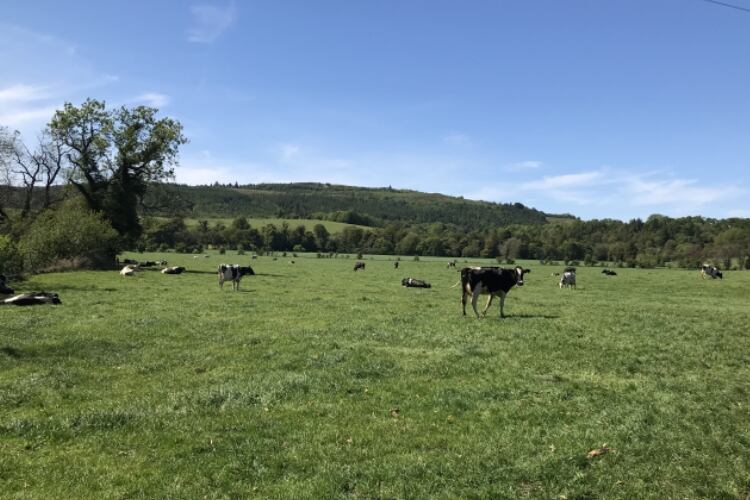The organization said the detail of what is included in any new regulation and how it is implemented will be key in ensuring the continued viability of businesses and making regulation work for all parties.
Dr Judith Bryans, chief executive of Dairy UK, said that in introducing regulation, Dairy UK supports the Government setting best practice requirements for raw milk contracts between farmers and processors into law.
She said Dairy UK supports regulations to enforce: The requirement for written contracts; comprehensively addressing issues of best practice and commercial relevance, such as termination clauses, force majeure, dispute resolution, and other minimum standard terms; and the requirement for the use of clear and accessible language.
However, Dairy UK said its members are wholly opposed to any moves that would end or impinge upon purchaser discretion (through mandatory fixed prices or the introduction of formulas) or that risk making inflexible crucial parts of raw milk contracts.
To understand the landscape for dairy and the impact of regulation, Dairy UK commissioned an independent review of the market by Ernst and Young. This has been submitted to Defra alongside Dairy UK’s own consultation.
The report found the UK dairy industry operates in an intensely competitive international trading environment. The UK has to compete in its own marketplace against major import streams from its near neighbors in the EU.
Dairy UK said calls to abolish purchaser discretion don’t take account of: The competitive nature of the sector – which will only increase as the UK opens its markets to other nations across the world; the fact that this would require frequent contract changes or new contracts to be drawn up at the first sight of any market change or volatility; that it would render evergreen contracts untenable; generate inflexibility, ending ad-hoc price initiatives; reduce competition in raw milk process and; create an unattractive investment landscape in the UK.
The report also said market prices are volatile and in the UK milk prices are closely aligned with international commodities. Even so, volatility in UK milk prices has fallen over the past decade and remains significantly lower than export-orientated markets around Europe. This suggests that the UK market structure has smoothed the European cycle to some extent.
It also said the UK processing industry operates on thin margins and is not making excessive profits. In fact, in the last five years processors generated an average net margin of 0.7p per liter, highlighting the low margin nature of the sector for processors. Clearly, processor margins are also affected by volatility.
Regulation should provide the UK dairy sector with a fair and equitable basis on which both farmers and processors can negotiate terms to meet their needs without being overly prescriptive and risking market disruption, volatility or a fall in competitiveness, Dairy UK said.
Both farmers and processors should be subject to basic rules upon which to build their agreements, which ensure parties act in good faith and with due diligence. However, removing price discretion will simply lead to more instability, risk, and insecurity for farmers as well as processors, creating a potential lose-lose scenario. It also risks causing serious issues in terms of administration and investment for PLC’s and farmer coops, the latter of which could see the core ethos of their organizations undermined.
However, Bryans said Dairy UK looks forward to working with both Defra and the farming unions on regulation that works for all going forward.

